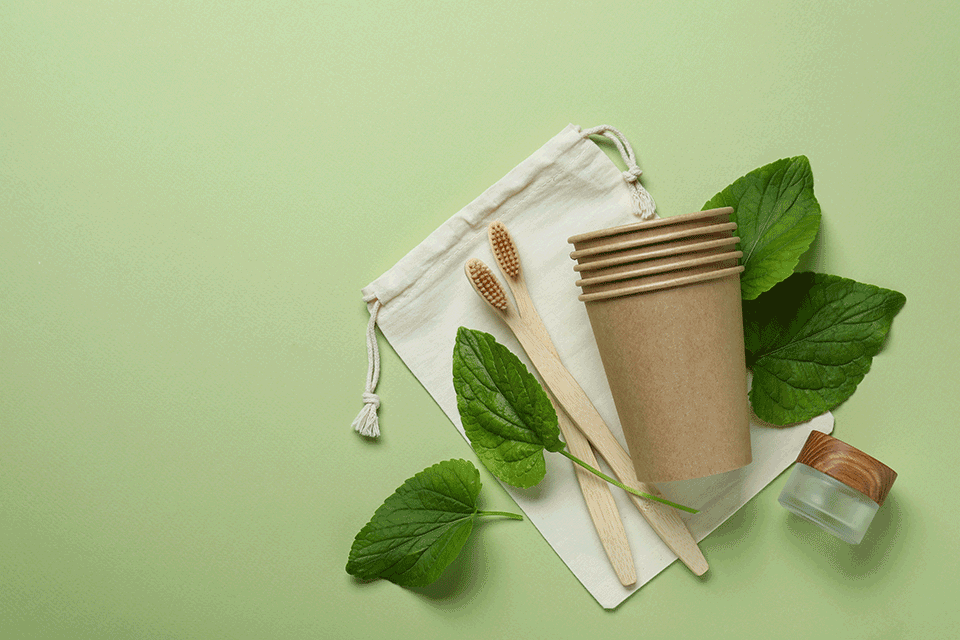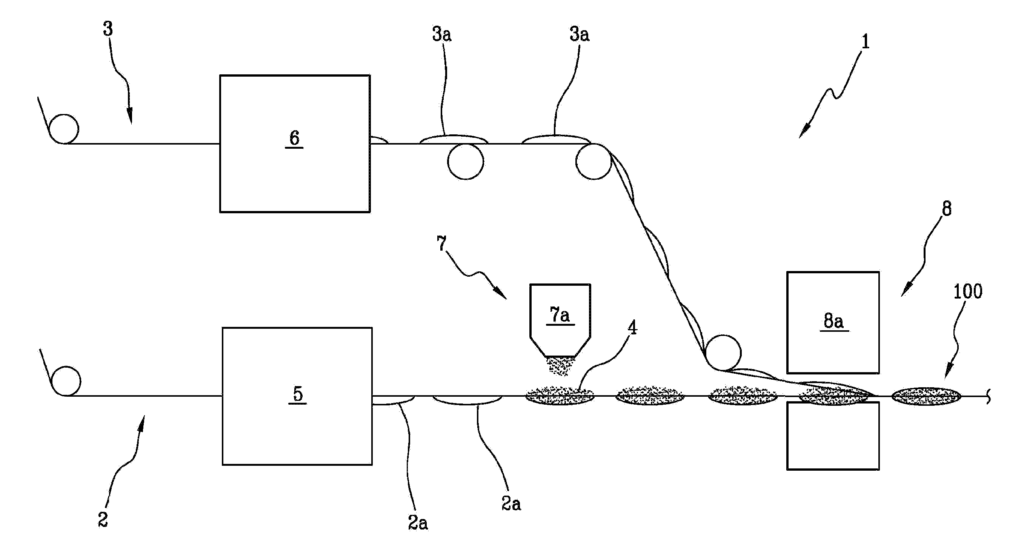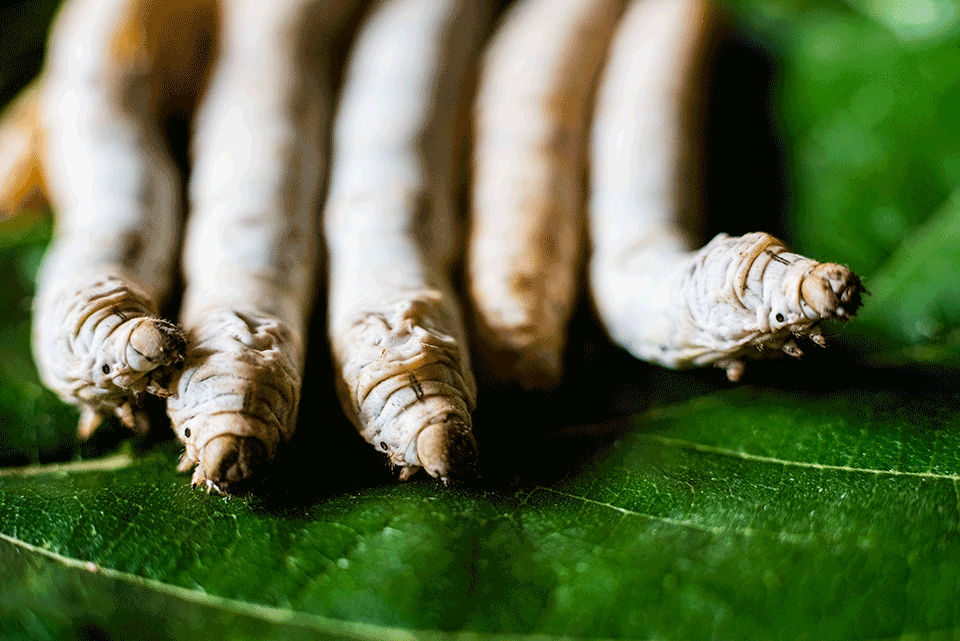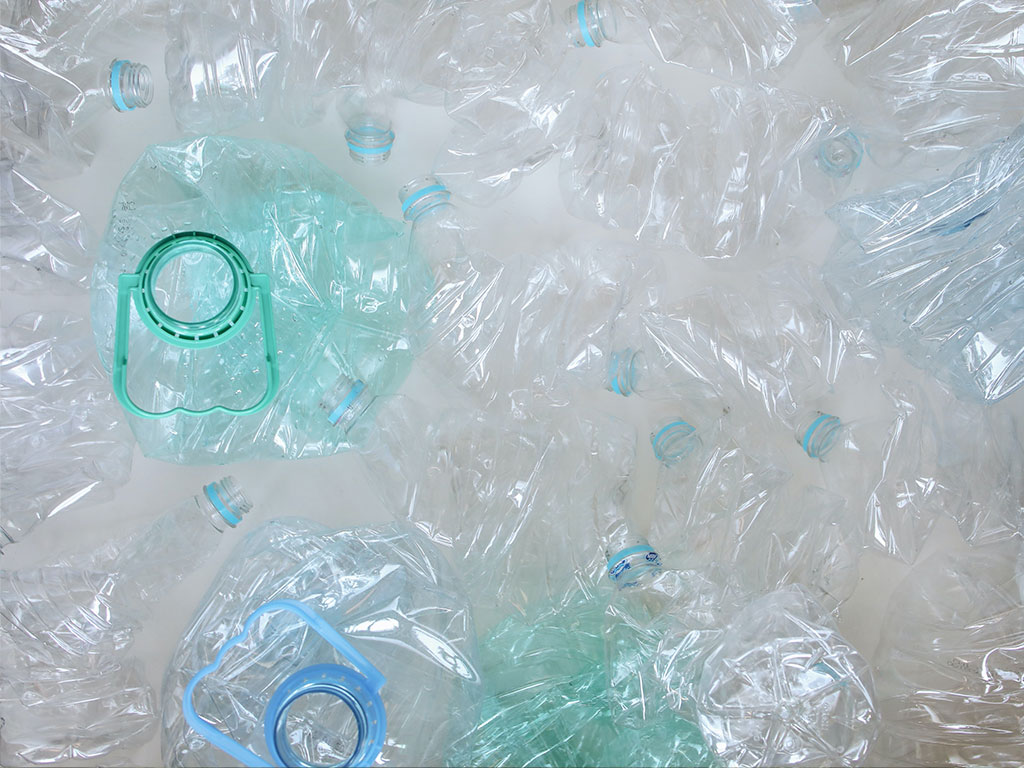Biodegradable packaging presents a promising solution to the environmental issues caused by traditional packaging materials, especially single-use plastics. Unlike conventional plastics, which can persist in landfills and oceans for hundreds of years, biodegradable packaging is designed to break down more quickly and naturally, reducing its ecological impact. These materials are typically derived from renewable resources, such as plant-based substances, and decompose through biological processes facilitated by microorganisms.
The effectiveness of biodegradable packaging largely depends on the conditions in which it breaks down. For example, compostable packaging, a subset of biodegradable materials, decomposes within commercial composting systems under specific, controlled conditions. Companies like Nestlé, Mori (formerly Cambridge Crops, Inc.), and Tetra Laval are innovating in this area, developing compostable packaging materials to create sustainable, eco-friendly packaging.
However, not all biodegradable materials are the same. Some require particular environmental conditions, such as higher temperatures or humidity, to decompose effectively. This underscores the importance of having the right disposal infrastructure and environmental settings to ensure that biodegradable packaging delivers on its environmental promise.
Recent advances in sustainable packaging highlight a shift toward more eco-friendly solutions in the food industry. For example, Nestlé has introduced compostable coffee pods made from biodegradable materials with gas barrier properties. Mori has developed a silk-based packaging that extends food shelf life, while Tetra Laval has created a heat-sealable multilayer material made from cellulose fibers for liquid food packaging. These innovations reflect the industry’s growing commitment to more sustainable and environmentally conscious packaging options.
In this article, we explore the potential of revolutionizing the food industry by replacing conventional packaging with biodegradable materials. We explore the patents filed within this technology area.
Nestle’s coffee pods
Pods, often referred to as capsules, are pre-packaged doses of ground coffee wrapped in a filter or a small plastic or aluminum container. The ease of use has made coffee pods especially popular as they take the guesswork out of brewing by delivering precise measurements of coffee grounds. However, the environmental impact of single-use pods has been a topic of debate, leading some manufacturers to develop recyclable or biodegradable options.
In their patent application, Nestle proposes a process for creating a compostable pod for brewing products, such as coffee. The pod uses a biodegradable sheet with gas barrier properties that is primarily composed of a cellulose material (e.g. cotton, linen) combined with a bioplastic component. The sheets are shaped into concave portions with one of the concave sheets filled with the brewing product, and are then sealed together to form a casing.
The sheet shaping process includes moistening the sheets by directing separate steam flows onto both faces of each sheet. The moistened sheets are then shaped into a concave shape through a stamp and mold of the manufacturing machine, followed by exposure to heat for drying, ensuring the concave form is maintained.
By using biodegradable materials for the pod, these pods can then be thrown in a compost heap that turns the waste materials into nutrient-rich soil for local farms and gardens.
US 2024/0239538 A1, entitled “Method and packaging machine for manufacturing a compostable pod for brewing products and compostable pod for brewing products”, was filed on March 26,2024 and was published on July 18,2024
Mori’s silk packaging for food products
Food waste is a significant global issue. According to the UNEP Food Waste Index Report 2024, 20% of food for human consumption is wasted globally. This loss amounts to around US$ 1 trillion. Based on the report, this loss is higher in countries with high-temperature climates. Hot weather naturally shortens the shelf life of perishable food thereby making it more difficult to store, process and transport. There is therefore a need to increase the shelf life of food and to address the problems brought about by food wastage.
Additionally, food is often packaged using plastic materials that are difficult to recycle. In a 2024 report by the Worldmetrics.org, only 9% of all plastic materials are recycled, with the 91% disposed of in landfills. In providing a solution for food waste, it will also be beneficial to consider environmentally friendly options for food packaging.
As a response to this problem, MIT startup Cambridge Crops (now called Mori) proposes the use of silk films and coatings in food packaging. In this patent application, a base packaging material will be coated with a silk-based material. The base packaging material is preferably a biodegradable or bio-based material, paper, fiber or cardboard. The silk-based materials are derived from insects such as the Bombyx mori silkworm.
The silk films can decrease the oxygen and water vapor transmission rate of the base materials thereby extending the shelf life of food, maintaining its quality and safety, and even help regulate freshness.
US20240228782A1, “entitled “Silk packaging applications”, was filed on March 22,2024 and was published on July 11,2024.
Sway’s seaweed packaging
Sway Innovation aims to solve the problems posed by single-use plastics by providing packaging solutions using biodegradable seaweed-based materials. These materials can naturally degrade within months, even in home composting environments, without the need for industrial processing. Additionally, they are nontoxic, marine-safe, and possess the necessary properties for flexible film packaging, making them a promising replacement for traditional plastic packaging.
Their patent outlines a system for manufacturing seaweed-based products designed to be biodegradable and environmentally friendly. The composition includes a seaweed-based compound, such as a hydrocolloid, phycocolloid, or seaweed powder, combined with film-forming agents. The manufacturing system uses an extruder to process these materials at controlled temperatures, producing pellets that can be further processed into flexible films. These seaweed-based products are designed to degrade in compost environments within one to six months and can contain up to 90% seaweed. Additionally, the resulting product’s biodegradability preferably meets the ISO 14855 standards.
US12049729B2, “Compostable seaweed-based compositions, and associated systems and methods”, was filed on February 14,2024 and was published on July 30,2024.





